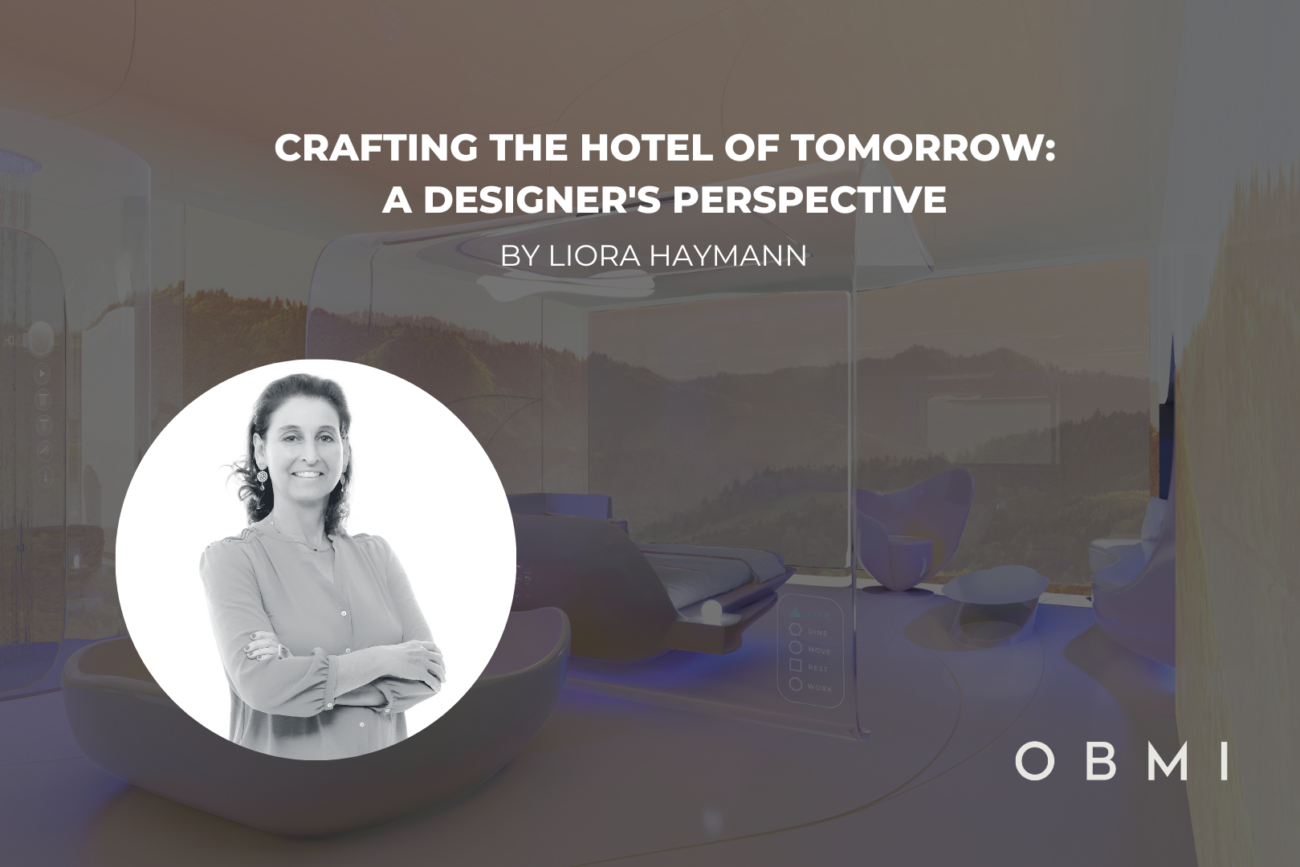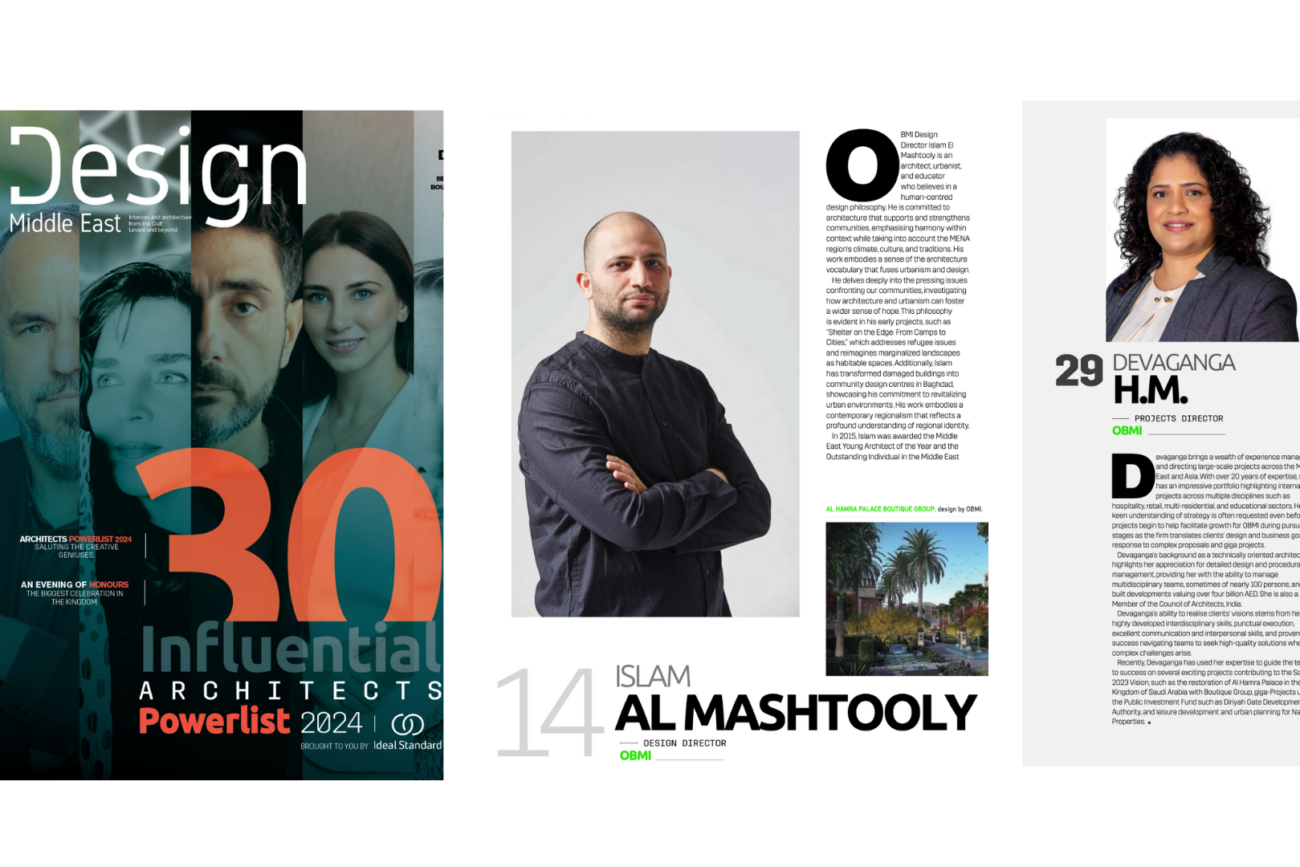How to Build a Hotel in the Caribbean
By Timothy Peck, OBMI Chairman
After decades of architecture in the sensitive Caribbean islands, OBMI has had the privilege of designing a noteworthy portfolio that includes a variety of projects from boutique resorts to destination hotels.
This experience has allowed our firm to become experts in finding solutions to meet the unique challenges the region poses when it comes to building hotels and resorts, especially in terms of complexity and sensitivity of the environment.
Our firm gets approached by a wide spectrum of potential Caribbean hotel developers. Most developers will fall into one of the three categories below:
- Experts
There are those who are experienced developers, have strict site and location selection criteria, understand the unique challenges and opportunities for each of the islands, including airlift/accessibility, government concessions, environmental issues, available labour resources, etc. They have access to funding and a realistic approach to construction and do their financial due diligence, modelling out financial feasibility. They understand the importance of the political (small and large P) and community relationships in small island communities and integrating the resort into the fabric of the community. They have an established relationship with target brands and operators for their resort and model the design of their hotel to align with those brand standards.
- Dreamers
Then, at the opposite end of the spectrum, there are those who have a dream of escaping the rat race – owning a hotel in the Caribbean, on a beautiful beach, surrounded by palm trees, and relaxing with a rum punch in the evening breezes under the setting sun. Having not experienced first-hand building a hotel in the region, I hand them a copy of “Don’t Stop the Carnival,” written by Herman Wouk in the 1960s, as compulsory reading. You may smile and cringe at the humorous and disastrous situations that arise in the book as fiction. Still, so many of the scenarios remain very close to reality when facing development in the Caribbean. With the right guidance, these dreamers can see their dreams become a relatively painless reality.
- Landowners
There are also those who are land-rich, with beautiful beachfront properties in the region, but may not have the financial wherewithal or experience to convert that land opportunity into a resort reality. Greenfield development is particularly challenging in the Caribbean. The regional financial institutions are very conservative in their approach to new build investments, looking for a minimum of 50/50 loan to value and some credible development experience. In other words, for your $50m resort development, someone needs to bring in an experienced development partner and come up with $25m cash/land value to seed the development, thereby significantly diluting your ownership. The chemistry of this relationship can be challenging but, with an experienced team perhaps introducing and certainly guiding the relationships, we have seen very successful outcomes.
We are fortunate to have the experience of working with developers of varying experience levels, whether it be the professional developer with many projects under his/her belt or the first-timer looking to build their dream resort. We have collaborated with, or sometimes guided, our clients as trusted advisors to bring many Caribbean projects from concept to a built-form and appreciate every opportunity to assist in building a key sector of the Caribbean infrastructure in the process.
The Building Process
Building a hotel is by no means a walk in the park, as it requires substantial financial investments and meticulous planning and preparation for the dream to become a reality. History has taught us that no two projects will have the same development process, but luckily there are tried-and-tested steps to help guide you to get your hotel project underway.
We will dive into the five stages of development, which include: Securing Assets: Finances, Feasibility & Site; Concept & Consultant Selections; Design & Sharing Your Vision; Detailed Design, Project Management & Procurement; and Construction & Beyond.
Of course, for this article’s purposes, the development process has been simplified – in reality, each step is worthy of its own write-up. Additionally, we will assume that the developer has chosen their site, initial finances in order, done his environmental due diligence and market analysis, and the project will be a new build.
Click here to read the full article published by Caribbean Journal.






